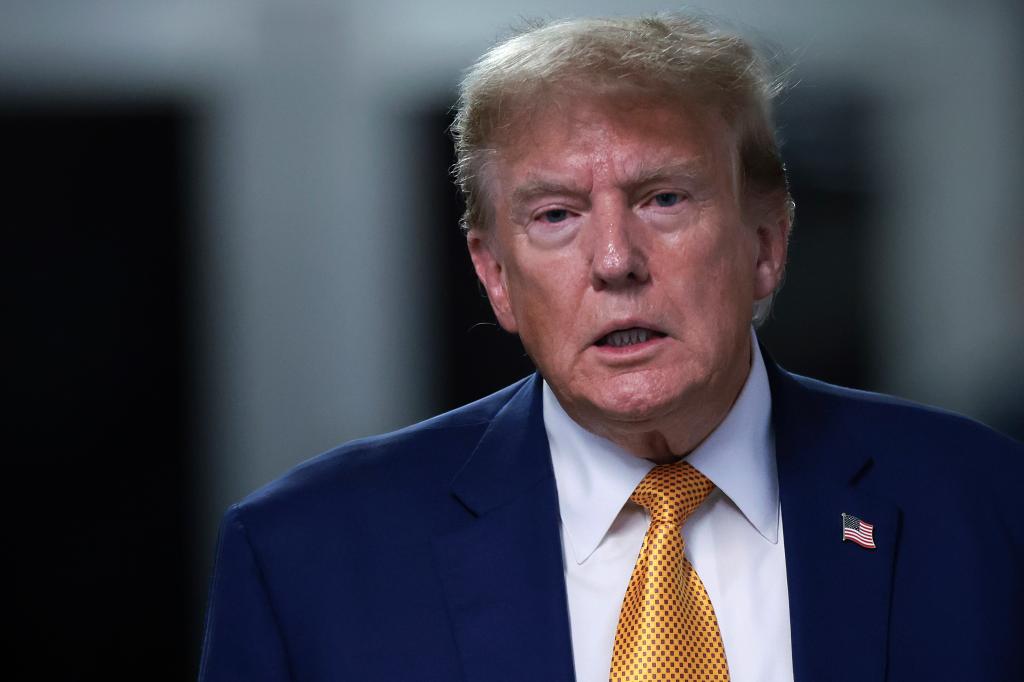Former President Donald Trump’s trial in Florida, on charges of illegally retaining classified documents after leaving office, has been indefinitely postponed by a judge. This postponement significantly reduces the chances of Trump facing a jury in either of the two federal criminal cases against him before the U.S. election on November 5. Trump had previously been scheduled to go to trial on May 20 in the documents case brought by Special Counsel Jack Smith, but both the prosecution and defense agreed that the date needed to be delayed. Judge Aileen Cannon, appointed to the bench by Trump in 2020, announced the trial would no longer begin on May 20 but did not set a new date. Pre-trial hearings have been scheduled to run through July 22.
Trump has pleaded not guilty to 40 federal counts accusing him of retaining sensitive national security documents at his Mar-a-Lago estate in Florida after leaving office in 2021 and obstructing U.S. government efforts to retrieve them. He is the Republican candidate challenging Democratic President Joe Biden, who defeated him four years ago. Special Counsel Jack Smith faces significant obstacles in getting either federal case against Trump to trial before the election. Cannon is yet to rule on several legal issues crucial to the documents case and has shown support for Trump’s defense on some matters. In another case brought by Smith involving Trump’s efforts to overturn his 2020 election loss, the U.S. Supreme Court appears likely to recognize that former presidents have some immunity from prosecution over official actions, potentially further delaying Trump’s election-related case.
Trump’s lawyers have worked to delay all four criminal cases he faces, seeking to avoid a trial before the election. Legal experts suggest that Trump potentially having the power to shut down his own prosecution is an argument for getting the case to trial before the election. Trump has been on trial in New York state court since April 15 on charges related to concealing hush money paid to Stormy Daniels before the 2016 election. He has also been charged in Georgia over his attempts to overturn the 2020 election. Trump has portrayed all the legal cases against him as politically motivated. Charges in the Florida case include violations of the Espionage Act, obstruction of justice, and making false statements to investigators.
In an April Reuters/Ipsos poll, nearly a quarter of Republican respondents and more than half of independents indicated they would not vote for Trump if he is convicted of a felony by a jury. If either federal case reaches a jury before the election, it would likely happen in the weeks immediately preceding November 5, potentially drawing accusations of election interference from Trump’s legal team. Attorney Kel McClanahan, specializing in national security issues, notes that any judge would hesitate to try a presidential candidate a month before the election. However, a Trump win in November may mean that neither case ever reaches a jury, as Trump could direct the Justice Department to drop federal charges or seek to pardon himself.
Prosecutor Jay Bratt has argued for aggressive deadlines in the Florida case, emphasizing the public’s right to a speedy trial. He reassured Judge Cannon that holding an autumn trial would not violate Justice Department guidelines preventing investigative steps close to an election that could influence the outcome. Cannon has rejected two of Trump’s bids to dismiss the charges, with several pending decisions. She has also indicated that Trump’s claims regarding the documents being personal records could influence jury instructions at a future trial, potentially leading to an appeal by prosecutors and further delays. The legal battle surrounding Trump’s federal criminal cases presents a complex scenario with significant implications for the upcoming election and the former President’s political future.


